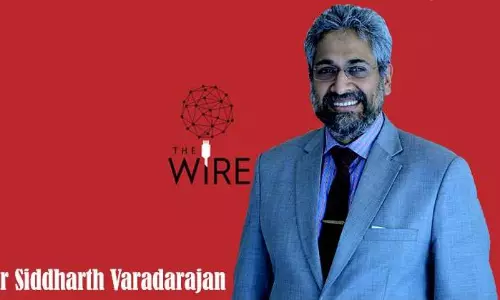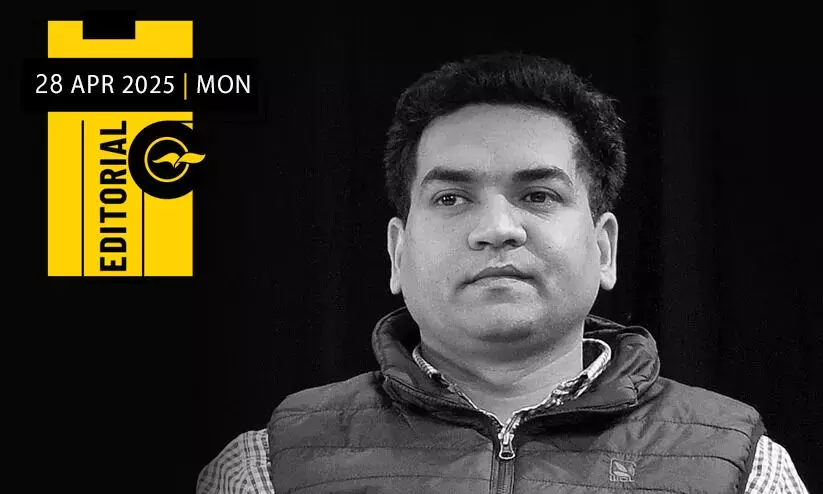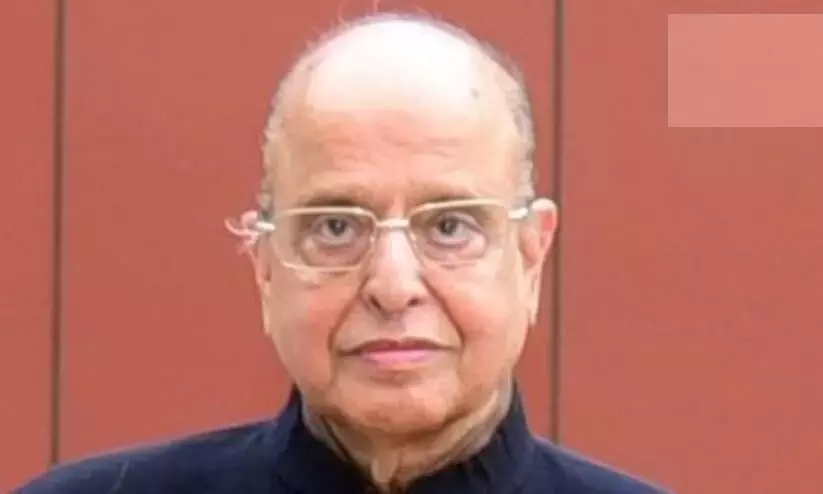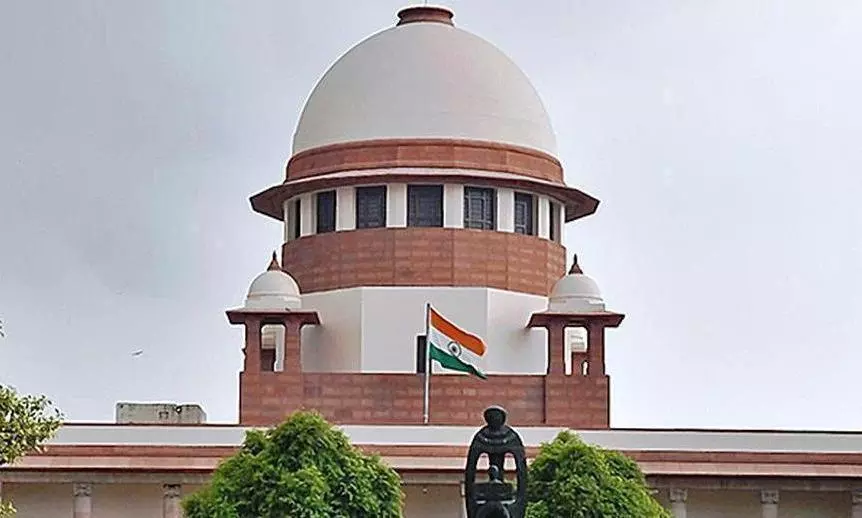
SC issues notice on regulating explicit content on OTT, social media
text_fieldsNew Delhi: On Monday, the Supreme Court agreed to review a plea urging the government to take immediate and decisive measures to regulate explicit content on social media and OTT platforms.
A bench comprising Justices B.R. Gavai and A.G. Masih issued a notice to the Centre, highlighting the “important concern” raised by the petition regarding the display of objectionable, obscene, and indecent content on these platforms.
Notices were also sent to major entities, including Netflix, Amazon, Ullu, ALTT, MUBI, Google, X Corp (formerly Twitter), Apple, and Meta.
The Justice Gavai-led bench recommended that the Centre consider additional legislative actions to curb the unchecked circulation of obscene material on social media and OTT platforms.
In response, Solicitor General Tushar Mehta, the second highest law officer of the Union government, said that some regulations are already in place and more are under contemplation.
Issuing notice, the apex court decided to tag the plea with similar pending petitions.
The public interest litigation (PIL) said the unabated circulation of obscene, sexually deviant/perverted, paedophilic, and bestiality content, including child pornography and soft-core adult content, has contributed to a rising trend of crimes against women and children while negatively shaping the psychological development of young minds.
“If left unchecked, this unregulated spread of obscene material could have severe consequences on societal values, mental health and public safety,” said the plea filed through advocate Path Yadav.
The petition pointed out that the petitioners had sent several representations/complaints to the authorities but have not yielded any effective result.
It claimed that the government, despite being fully aware of the gravity of this situation, has failed to take any significant steps to regulate this menace. “The lack of effective oversight has allowed these platforms to promote content that fosters unhealthy and perverse tendencies, particularly among impressionable youth. This uncontrolled exposure to explicit material has serious consequences. The constant consumption of such content alters perceptions of sexuality, fuels deviant behaviours and contributes to rising incidents of sexual offences against women and children,” added the petition.
The petition highlighted the increasing vulnerability of young individuals, particularly children and teenagers, to the psychological effects of exposure to explicit content.
It argued that such exposure could normalise sexual violence, objectify women, and distort perceptions of human relationships. Citing Article 38 of the Constitution, the PIL emphasised the government's duty to enact laws for the ‘welfare’ of the people and to safeguard the ‘social order’.
It contended that maintaining social order requires the effective prevention of the dissemination of dirty and pornographic content in society.
Furthermore, the petition claimed that the unregulated streaming of sexually explicit material on OTT platforms and social media, accessible round the clock via mobile phones, is contributing to serious sexual crimes against women and children.
(inputs from IANS)























